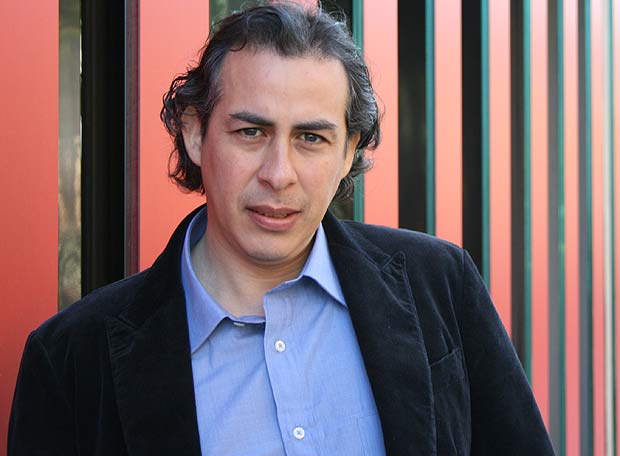
Eder. Óleo de Irene Gracia
Iván Thays
ilustración: Maximimilam Bode
Michael Cunningham fue uno de los tres miembros del jurado que escogió la terna de obras de ficción para el premio Pulitzer 2012. La terna estaba conformada por Train Dreams de Denis Johnson, El rey pálido de David Foster Wallace y Swamplandia de la joven Karen Russell.
Como todos sabemos, el premio fue declarado desierto.
En The New Yorker, Cunningham cuenta en dos partes la historia del premio. Primero, describe los pormenores de cómo escogieron las tres novelas que integraron la terna y las razones por las que rechazaron algunas otras que tenían enorme valor con algunos “pero”.
En la segunda parte del artículo, aunque afirma que no puede saber por qué fue declarado desierto, ya que las actas son secretas, lanza un cuestionamiento a la posibilidad de juzgar una obra contemporánea mejor que la otra. Comenta varios casos notables de libros que no ganaron el Pulitzer (El sonido y la furia de Faulkner, Catch22 de Heller, El guardián entre el centeno de Salinger y El Gran Gatsby de Scott Fitzgerlad entre ellos) y termina declarando “Estamos obligados a dejar que las generaciones futuras a tomar las decisiones más definitivas”.
Los responsables de la terna, como el jurado del Pulitzer o cualquier jurado de un concurso, siempre está buscando el Gran Libro (“We kept waiting for the Big Book” dice). Y a veces no está entre nosotros, y a veces no sabemos reconocerlo. Esa podría ser la conclusión.
Dice:
The search for a significant new book, an enduring book, is, in short, a crapshoot, and, as is true of all gambles, the odds favor the house over the player. I like to think that history will vindicate all three of our choices; that someone like me will someday be appalled to learn that ?The Pale King,? ?Train Dreams,? and ?Swamplandia!? were all passed over in 2012. There is, however, no telling. We may be castigated by future generations for failing to nominate a book we dismissed early on, because it struck us as trivial or overwritten or sentimental.
Which is probably one of the reasons those of us who love contemporary fiction love it as we do. We?re alone with it. It arrives without references, without credentials we can trust. Givers of prizes (not to mention critics) do the best they can, but they may?they probably will?be scoffed at by their children?s children. We, the living readers, whether or not we?re members of juries, decide, all on our own, if we suspect ourselves to be in the presence of greatness. We?re compelled to let future generations make the more final decisions, which will, in all likelihood, seem to them so clear as to produce a sense of bafflement over what was valued by their ancestors; what was garlanded and paraded, what carried to the temple on the shoulders of the wise.
A literary prize is, at best, one way of drawing readers to a book that deserves more serious attention than it might have gotten without a prize. A faulty track record doesn?t invalidate the attempt to say, annually, to anyone who might be listening, ?You really should read this one.?
Which is why the committee?s decision to withhold the prize entirely is so unfortunate. An American writer has been ill served and underestimated. Readers have been deprived of what might have been a great literary discovery or might have offered them the bittersweet but genuine satisfaction of saying, ?Really? That book? What were those people thinking of??

